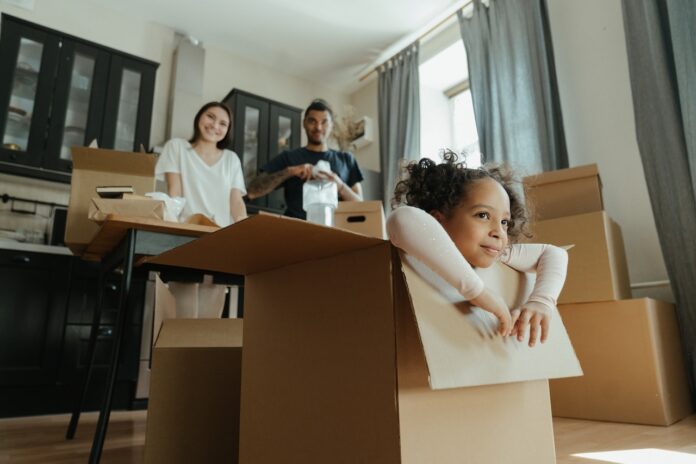Moving into a new home often comes with huge benefits like more friendly sellers and lower costs. However, it’s important to keep in mind the potential downsides to investing in an older, well-used property. Keep these 10 important tips in mind before moving into your used home.
1. Appraise Vital Appliances
Used and new homes alike often come with appliances like refrigerators, dishwashers, washing machines, and furnaces. While new homes have new appliances, the machines in older homes have likely seen years of use.
It’s important to evaluate all appliances and look for potential efficiency issues. Don’t risk moving into a used home with an outdated HVAC system that’s about to break down.
2. Identify Immediate Repair Needs
Used homes often have at least a few repair needs. These repairs should be discussed when determining the price of the home to get the best deal possible. Factor in how much you’re going to have to spend in the future to maximize your investment in the home.
3. Set Up Utilities
Get in contact with your utility companies as soon as possible. You don’t want to risk going without water and electricity or being charged for usage when you haven’t moved in yet. It’s also helpful to talk with the previous homeowners to learn more about the utilities in the area and how much they averagely cost.
Be sure to check with the garbage, sewage, water, electricity, and gas companies in your area before you formally move in.
4. Schedule Professional Home Inspections
One of the biggest risks of moving into a used home is the potential for unseen infestations. For example, a termite inspection will ensure your home isn’t quietly being barraged by costly wood damage. This service isn’t typically included in traditional home inspections, leaving you at risk of serious structural damage in the future.
5. Locate Essential Valves and Fuses
Don’t move into a used home without first finding all essential features like main water valves and fuse boxes. Locating these before you move in will make it easier to deal with potentially blown fuses or water issues. It’s better to be prepared than to risk damaging your personal belongings or the house itself.
6. Inquire About Neighborhood
Ask the seller for information about the neighborhood. While you’ll eventually meet your closest neighbors, it doesn’t hurt to learn more about them. It’s helpful to know if there are other families in the area or pet owners. This will also make it easier to start a conversation when you’re finally face-to-face.
7. Assess Previous Remodeling Projects
Not every family’s tastes are the same, which can result in you disliking previous remodels. You may find that you prefer the home as it was before the changes. Gather information about the home’s original design so you can more easily make updates in the future.
8. Change Locks and Security Features
This helpful tip is useful for any new homeowner who wants to protect their property. It’s best to change the locks before you move in your belongings. You should also install new security features based on your needs. Cameras, whole-home alarms, and window sensors work to keep your property and family safe.
9. Deep Clean Every Inch
Right before you move in, plan a few days of extensive deep cleaning. Scrubbing every inch will allow you to familiarize yourself with the home and also find any hidden issues or damages. Cleaning ahead of time protects your belongings from potential germs and hair left behind.
10. Meet Your Neighbors
Meeting your neighbors before you formally move in has both security and personal benefits. It’s helpful to be able to recognize the people you see regularly outside your home. Identifying new individuals can help you protect your home against potential break-ins. You’ll also be able to find neighbors who have similar schedules or interests as you. This will make it easier to carpool or find care for your children.
Bottom Line
Settle into your used home easier by thoroughly planning ahead. Professional inspections, cleanings, and evaluations will protect your investment and future overall comfort. These tips will also make it easier to settle in faster, allowing you to fully enjoy your new gorgeous property.















